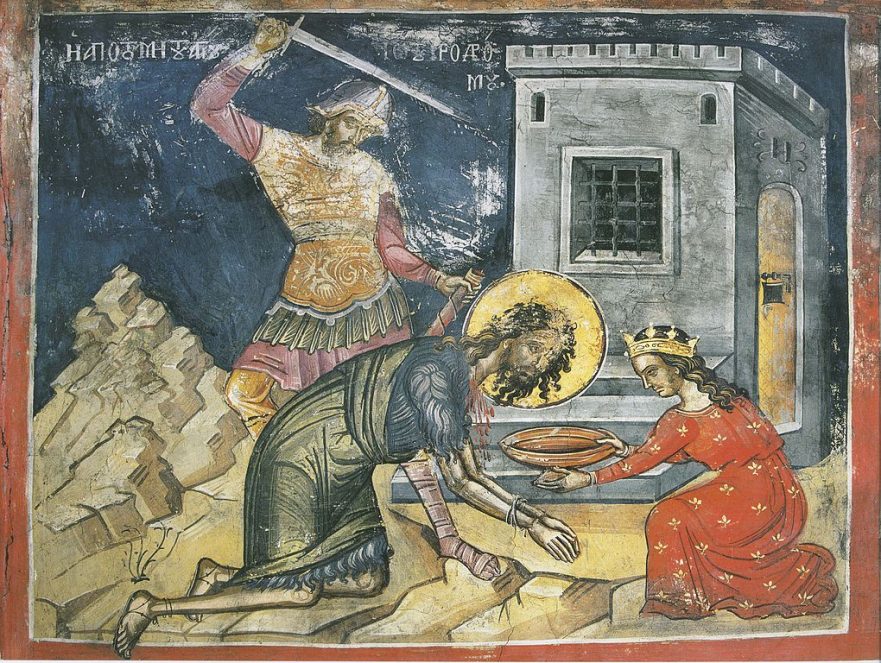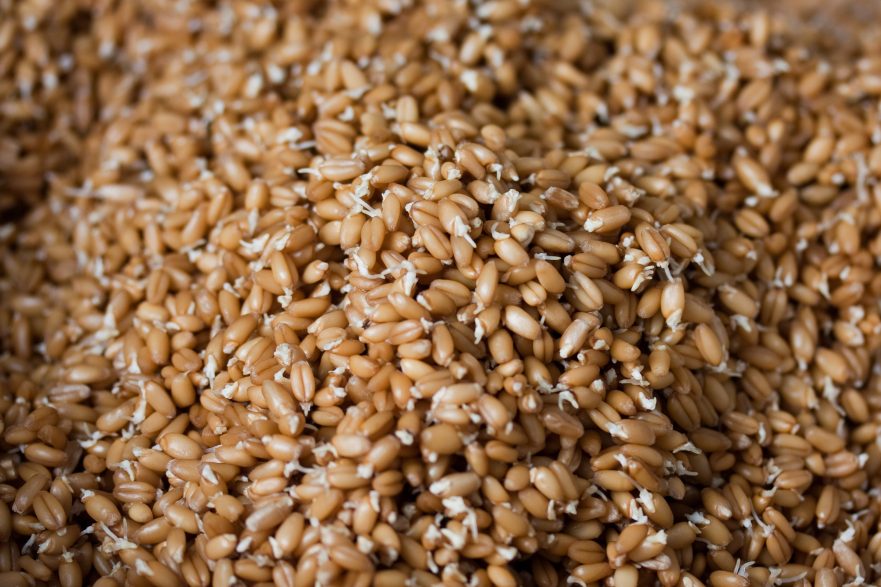The story of John the Baptist’s martyrdom was rich with allusions to stories from the Hebrew Scriptures.
Yohanan the Immerser’s Eschatological Discourse
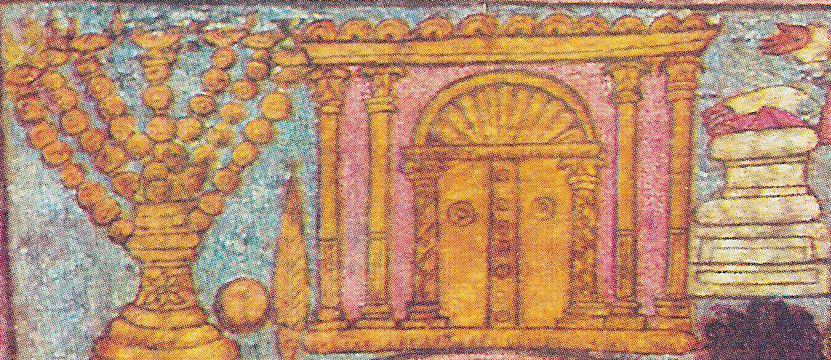
John the Baptist anticipated the coming of an Elijah-like priestly messiah who would purify the Temple on an eschatological Day of Atonement.
LOY Excursus: The Dates of the Synoptic Gospels
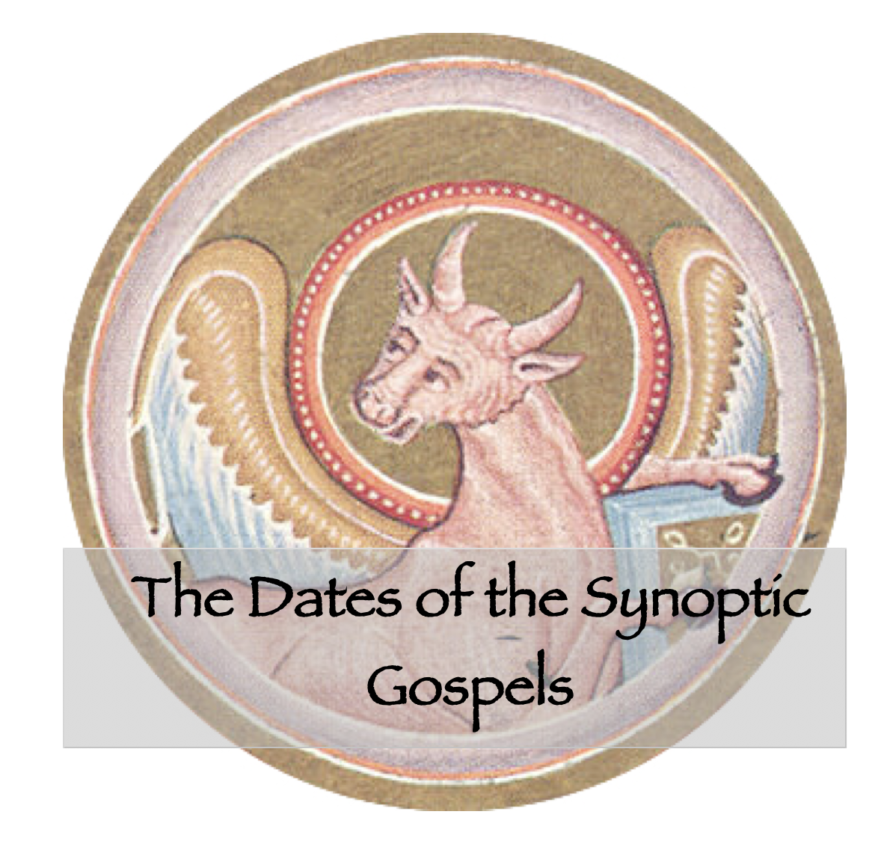
Reassessing the dates of the Synoptic Gospels in light of Lindsey’s hypothesis.
Yohanan the Immerser’s Exhortations
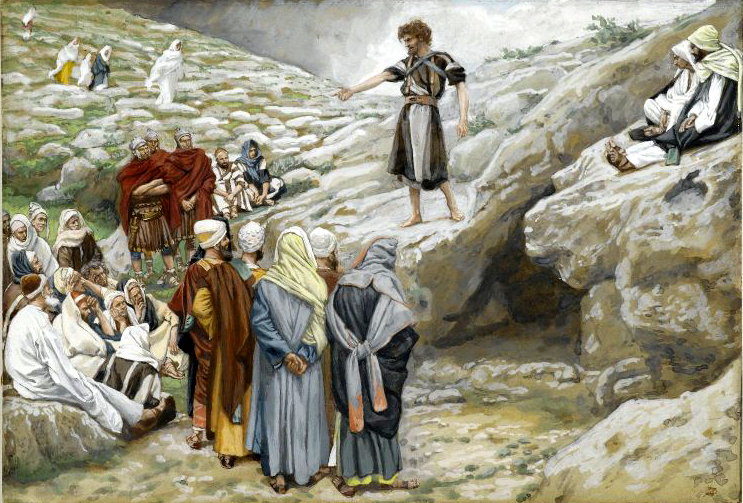
In Yohanan the Immerser’s Exhortations John the Baptist instructs his audience how they are to behave in order to bear the fruits of repentance.
“Destruction and Redemption” complex
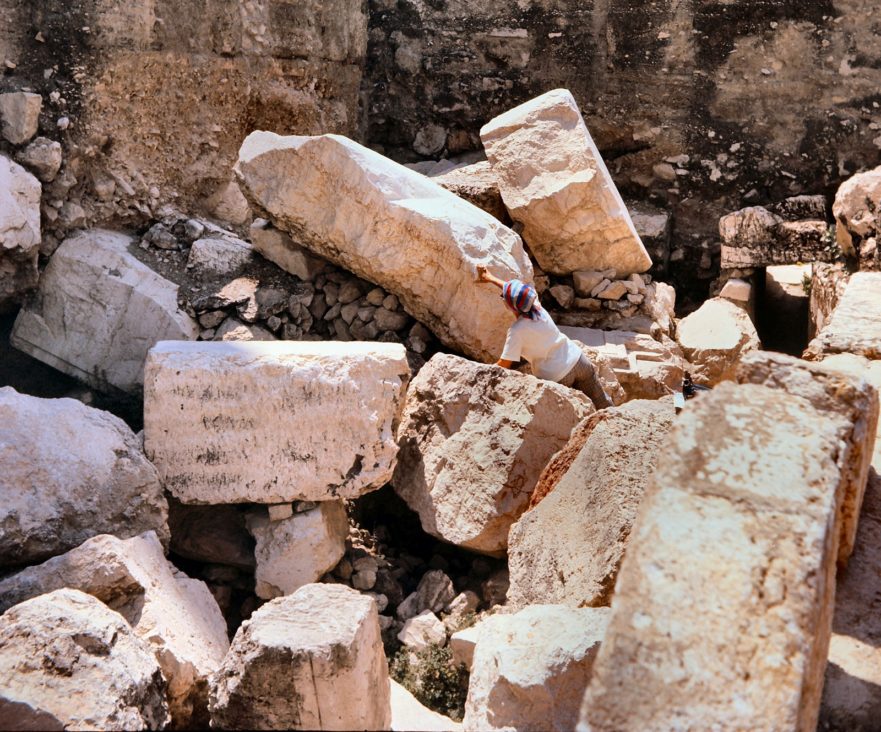
A reconstruction of Jesus’ prophecy of the coming destruction of the Temple and future redemption of Jerusalem.
A Voice Crying
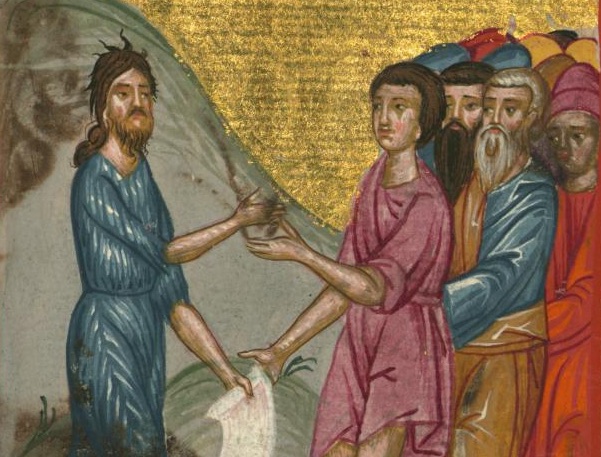
An examination of the Jewish setting of John the Baptist’s proclamation of an immersion of repentance for the release of Israel’s sin indebtedness.
“Choose Repentance or Destruction” complex
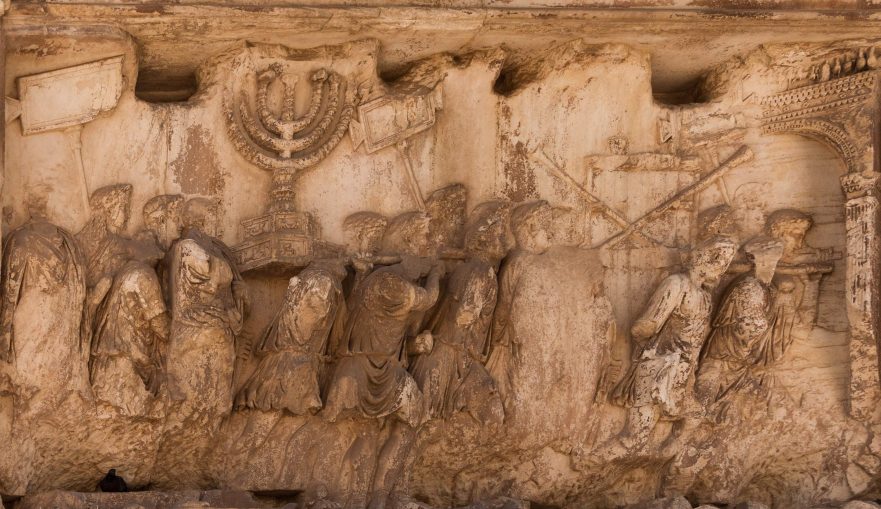
In the “Choose Repentance or Destruction” complex Jesus urges his contemporaries to repent or face dire consequences in this world and in the world to come.
Darnel Among the Wheat Parable

Is the Darnel Among the Wheat parable an allegory about eschatological events, or a lesson about God’s character?
LOY Excursus: Synoptic Fidelity to the Anthology
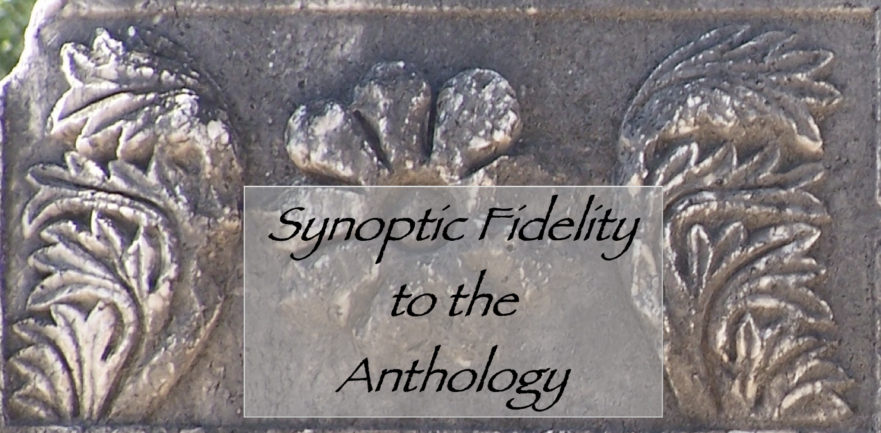
How closely does a pericope reproduce the pre-synoptic source that stands behind Matthew, Mark, and Luke?
A Woman’s Misplaced Blessing
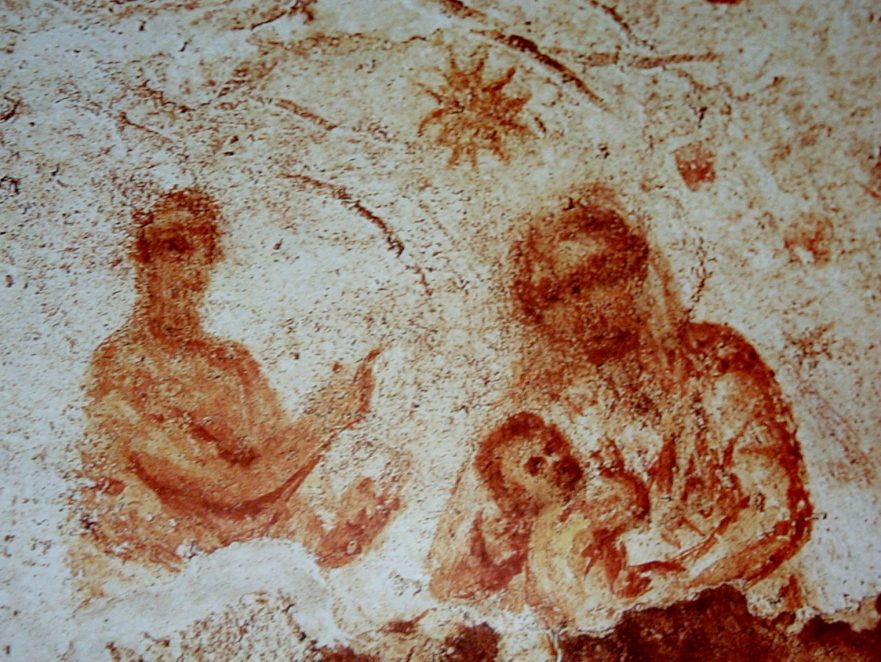
When a woman in the crowd praised Jesus’ person, he redirected her attention to the Kingdom of Heaven, which is realized through the doing of God’s word.
Yeshua, His Mother and Brothers
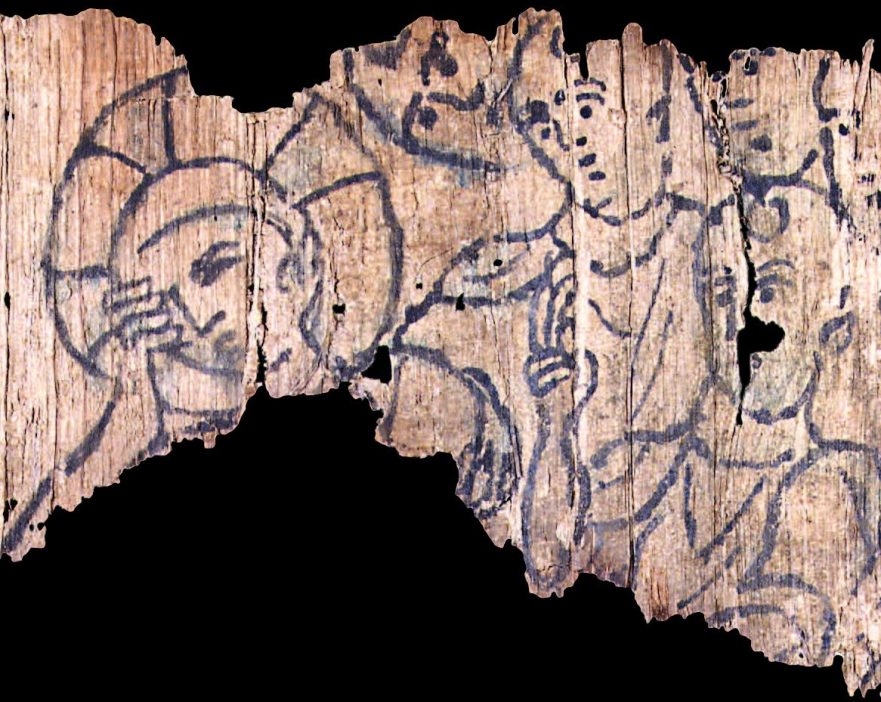
Did Jesus reject his natural family in favor of a spiritual kinship, or did he pay Mary and his brothers the highest possible compliment?
Four Soils Interpretation
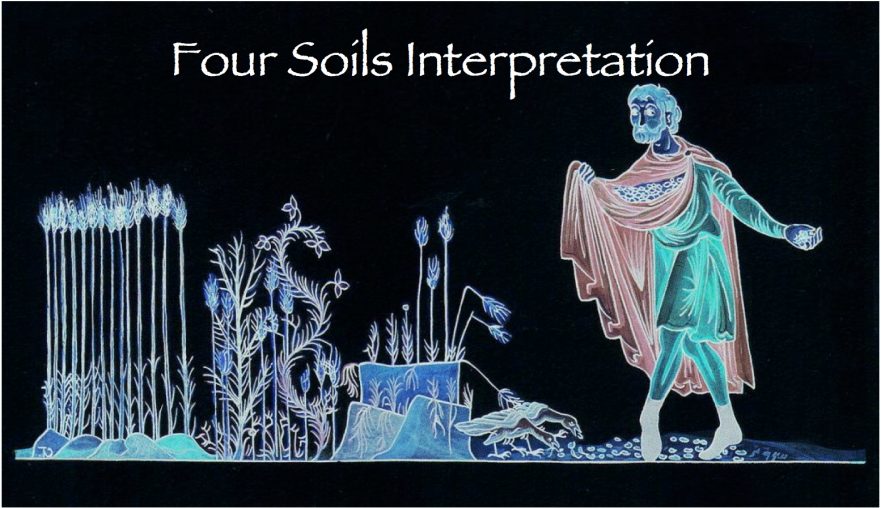
In the Four Soils interpretation Jesus explained the meaning of the imagery in the Four Soils parable.
LOY Excursus: The Genitive Absolute in the Synoptic Gospels
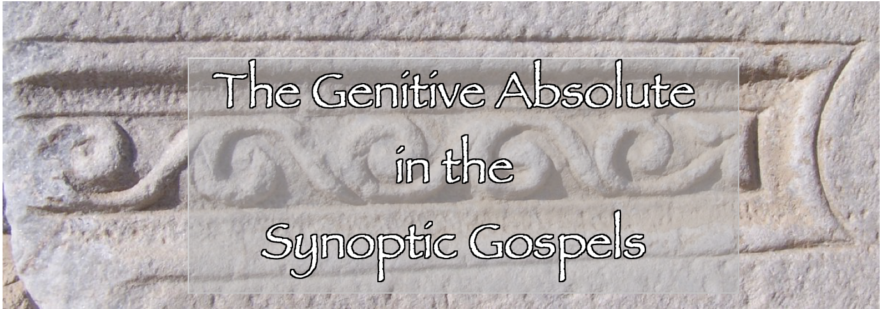
What can the distribution of genitive absolute constructions in the Gospels of Matthew, Mark and Luke tell us about the origins of the Synoptic Gospels?
Four Soils Parable
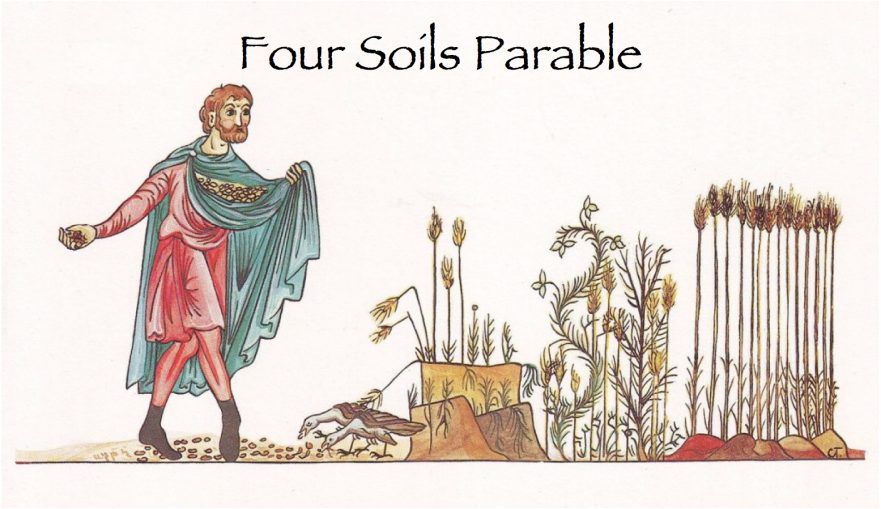
By not revealing what the Four Soils parable was about until its dramatic conclusion Jesus drew in his audience and held their attention, making them the very thing the parable urged them to be: good listeners.
“Four Types of Hearers” complex

Read the Four Soils parable in what may have been its original literary context.
Mustard Seed and Starter Dough Parables
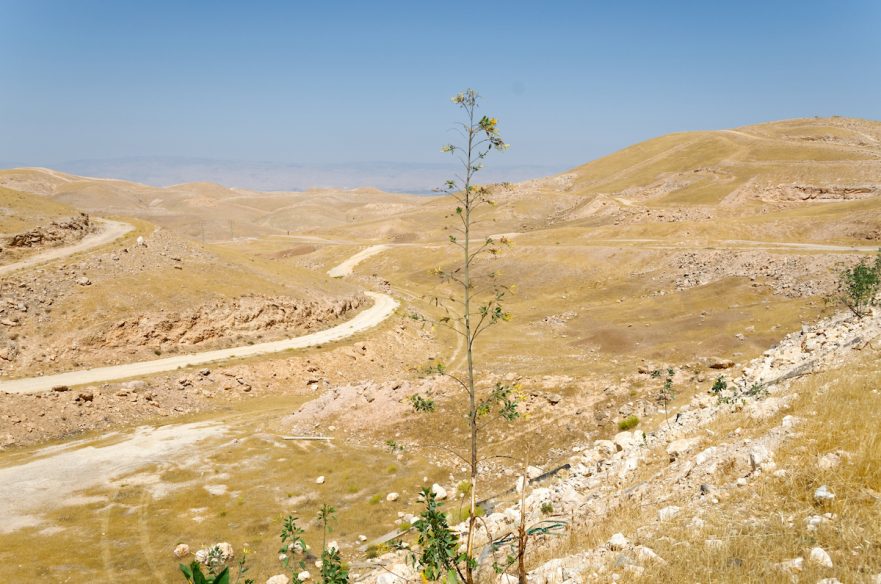
Jesus used the Mustard Seed and Starter Dough parables to demonstrate that the Kingdom of Heaven is a living and active presence that is increasing within the realm of human experience.
The Kingdom of Heaven Is Increasing
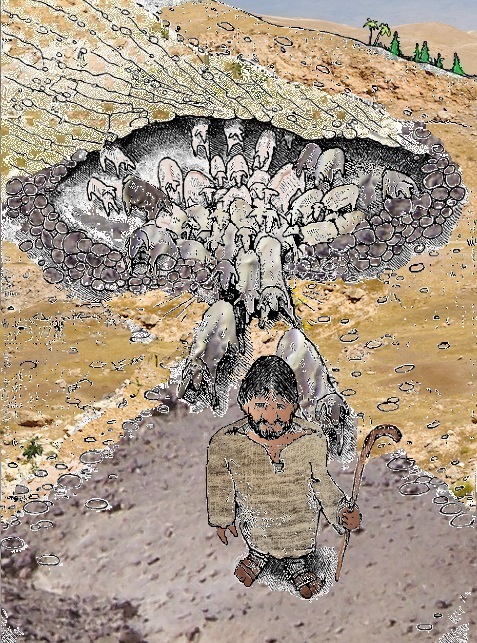
An investigation of the possible Hebrew background of one of Jesus’ most difficult sayings.

